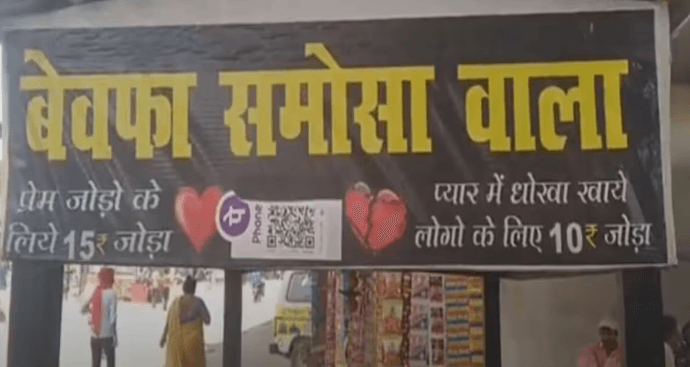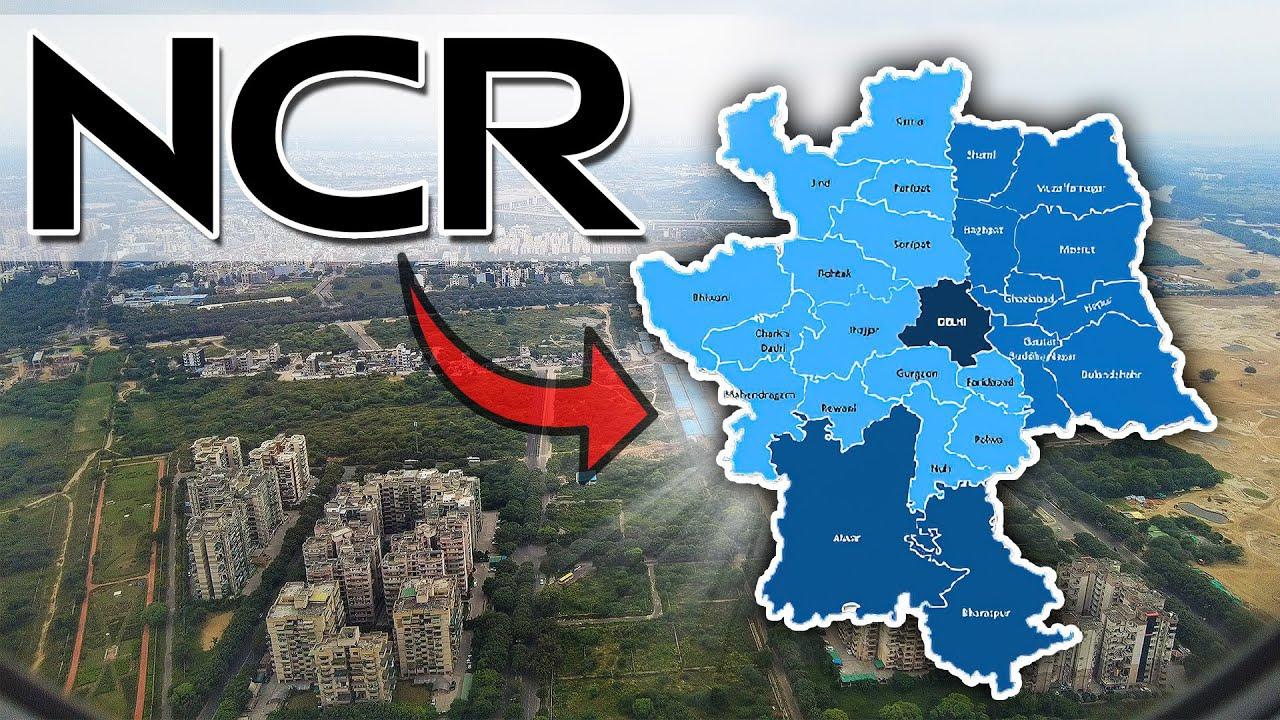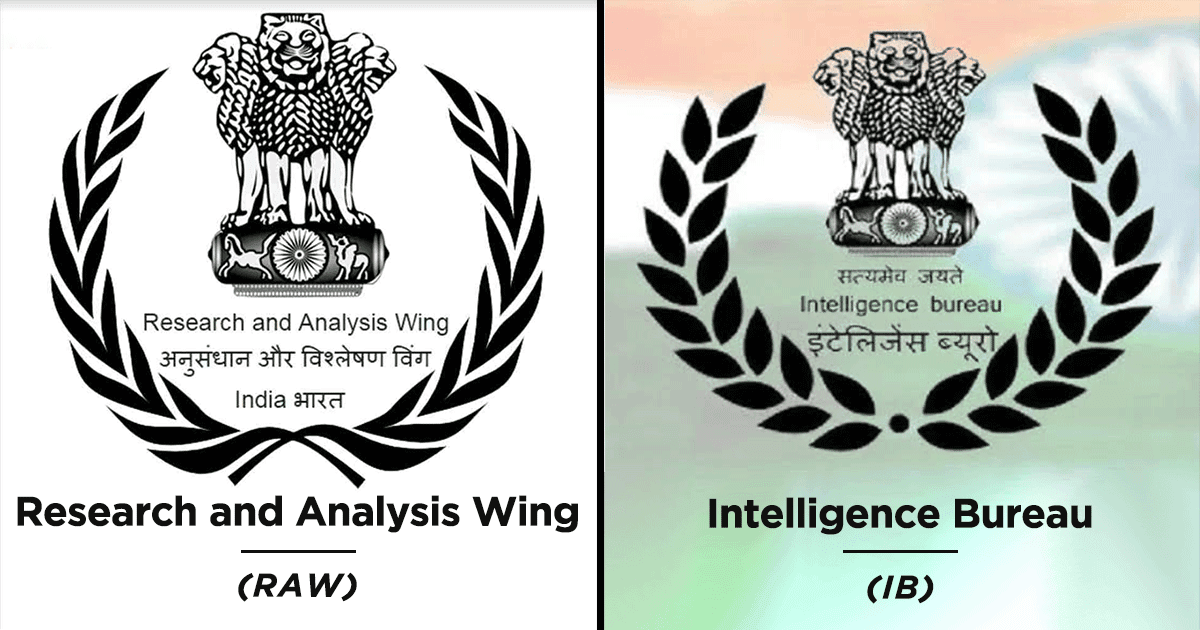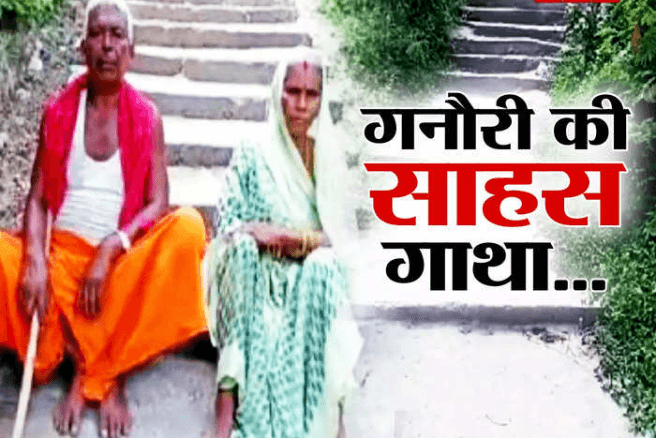यूं तो बढ़िया कैमरा वाले फ़ोन, DSLR कैमरा, Lens से हर कोई तस्वीरें खींचता और अपलोड करता है. एक तस्वीर के पीछे कितनी मेहनत, कितनी तकनीक और कितने सारे विचार छिपे होते हैं ये कोई रियल फ़ोटोग्राफ़र ही समझ सकता है.
एक परफ़ेक्ट ऐंगल की तस्वीर से आम सी सब्ज़ी भी मास्टर शेफ़ की डिश लग सकती है. हां आपके सेल्फ़ीज़ और ग्रुपीज़ में हमेशा सुधार की जा सकती है. एक तस्वीर के पीछे इतनी ताक़त होती है कि वो तख़्त पलट सकती है, दिन बना और बिगाड़ सकती है.
अपने Instagram Feed पर बेहतरीन तस्वीरें देखना चाहते हो तो फ़ोलो करो ये अकाउंट्स-
1. रवि चौधरी 2. शिव्या नाथ
View this post on Instagram
“Asian openbills were the most delicious,” he said. Sun-burnt face, shy smile, eyes fixed at the storks far in the distance. I looked at him with some incredulity. We’ve been so attuned to thinking that it’s ‘normal’ to eat some animals and not others, that it felt strange to hear my birding guide confess his favorite meal was a rare bird. It was my second morning in Odisha. I was gliding along silently on a rustic, wooden row boat on the gentle waters of Chilika Lake – India’s, and Asia’s, largest brackish water lake. On that warm spring day, I had expected to acquaint myself with the wild flying beauties in the marshlands of Mangalajodi, the largest village on the shores of Chilika. But by the time the sun was setting above the wetlands, now alive with bird chatter, I had discovered the most hopeful story of wildlife conservation in India. Until over a decade ago, the primary livelihood of nearly a 100 families in Mangalajodi was based on killing, selling and eating birds – many of them migratory, from far flung parts of the world like Siberia. “In those days, you could go to a dhaba and order a godwit for dinner, just like you’d order tandoori chicken now.” Over the years, the migratory birds that flew to the marshlands of Mangalajodi in winter instinctively sensed the danger, and their population gradually declined. The lack of awareness and alternate livelihood opportunities earned the local bird poachers and their village a bad reputation, one that would gradually inspire an incredible transformation. When a local poacher had a change of heart, he gradually won over the other poachers. In a local temple, they pledged against killing their winged guests. Several organizations joined hands to train them to become birding guides and boatmen – since they already knew the birds and their habitat like the back of their hands. The birds have noticed the transformation in Mangalajodi too: over the years, the migratory bird population has grown from 5,000 to 3,00,000 per year! Full story on my blog – see the link in my bio! Have you come across inspiring wildlife / transformation stories on your travels?
A post shared by Shivya Nath (@shivya) on May 12, 2020 at 11:45pm PDT
3. नुपूर सिंह 4. किरा इस्सार 5. अभिनव चंदेल
View this post on Instagram
A list of few things that 2020 has taught me: 1. We are all in this together, whether we accept it, acknowledge it, or not. We suffered in our own ways, and have reacted in different ways. 2. “But your life is great na.” Nope, never say that to anyone without fully understanding what they’re going through. Never make assumptions about their mental health. 3. Humans are much more helpful than we realise, whenever you’re in trouble, you’ll find help in unexpected ways. 4. Living in cities don’t necessarily give you a better life, it might actually put you more at health risks than someone living in smaller towns or villages. 5. But mountains also don’t ensure a better emotional life, because that wouldn’t explain himachal’s high suicide rate. So in the end what matters is how much self-care you indulge in and how good is your support system. 6. Nothing wrong in accepting you’re struggling, because once you accept that, you’ll find enough people wanting to support you emotionally or financially. 7. It’s never too late to work on turning your hobby or idea into a business, you’ll never know until you take your chances. 8. Our fathers and mothers were right, you can cook that dish at home for much cheaper, and in a healthier way. 9. We have ruined the environment more than we realise, but it can definitely recover if only we are willing to put just a little more effort. 10. We are privileged, just the fact that I have the capacity to write this and you have the capacity to read it on your phone, it puts us miles ahead of many millions out there. So say a silent thank you to whoever, for that. . . . . . Go ahead, and share it across/tag someone in comments who might need to read this.
A post shared by Abhinav Chandel (@abhiandnow) on Aug 17, 2020 at 1:08am PDT
7. नवीन कुमार 8. जयंता 9. लोकेश 10. Photographers Of India 






